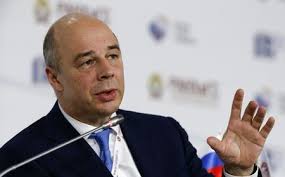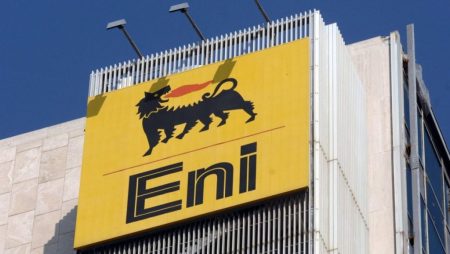 17 June 2013 – Italy’s Parliament Friday debated the Government’s response to questions put to it about Italian oil company ENI’s conduct in acquiring Nigerian oil block OPL245.
17 June 2013 – Italy’s Parliament Friday debated the Government’s response to questions put to it about Italian oil company ENI’s conduct in acquiring Nigerian oil block OPL245.
On 10th May Simon Taylor, director of Global Witness, attended the ENI shareholders meeting to put a series of specific questions to ENI’s board regarding OPL245. ENI failed utterly to respond to these questions save essentially repeating that it had paid the Nigerian government. Because these issues are of highest public interest, Global Witness calls on ENI to come clean and provide answers as a matter of urgency to all the questions that were submitted in writing to the company.
Global Witness also calls for a full investigation into ENI’s involvement in the acquisition of OPL 245, including the extent of its knowledge that its US$1.1 billion payment for the block would ultimately end up for the benefit of Malabu Oil & Gas, a company that was awarded the block by Dan Etete, a convicted money launderer, when he was Nigerian petroleum minister during the Abacha dictatorship, and a company that Etete was a hidden owner of at the time.
Among others, ENI was asked the following questions:Eni has said that it only paid the Nigerian Government for OPL-245. Did you know that the funds would be paid onwards to Malabu?
If your answer to that is no, please explain how the “Block 245 Resolution Agreement” signed by Eni states “for the payment by NAE of the sum of US$1,092,040,000 into an escrow account for the purpose of the FGN settling all and any existing claims and/or issues over Block 245… “. Who else but Malabu could credibly have been intended to receive these funds?
Since you have stated that you only dealt with the Nigerian Government, did you win the deal through competitive bidding in line with Nigerian Government Policy? If so, who else was involved and when was the tender?
Since you say your deal was with only with the Government, what role did Malabu and Etete play? From 2009-2011, Vincenzo Armanna, Claudio Descalzi and Roberto Casula, on behalf of Eni, held a number of face-to-face meetings and dinners with Dan Etete. If as you say, Eni and Shell only paid the Nigerian Government, what was the purpose of these meetings?
Eni has said its deal was with the Government, and yet the Attorney General has said that “Shell and Eni agreed to pay Malabu through the Federal Government acting as an obligor” – who is telling the truth – our company, or the Attorney General?
Court documents have made reference to several meetings held at the offices of the Nigerian Attorney General, involving representatives of Eni, Shell and Malabu. At one meeting, on or around the 15th November 2010, a sale price was agreed. If the deal to acquire OPL-245 was in fact with the Nigerian Government, why was Malabu involved in discussions about the price?
If you acknowledge that some of Eni’s senior officials were in fact involved in direct discussions with Malabu and Etete regarding the acquisition of OPL-245, on what basis do you think this is consistent with your obligations under Eni’s deferred prosecution agreement with the US DoJ? How does this constitute appropriate risk-management for investors?
Global Witness, press release



